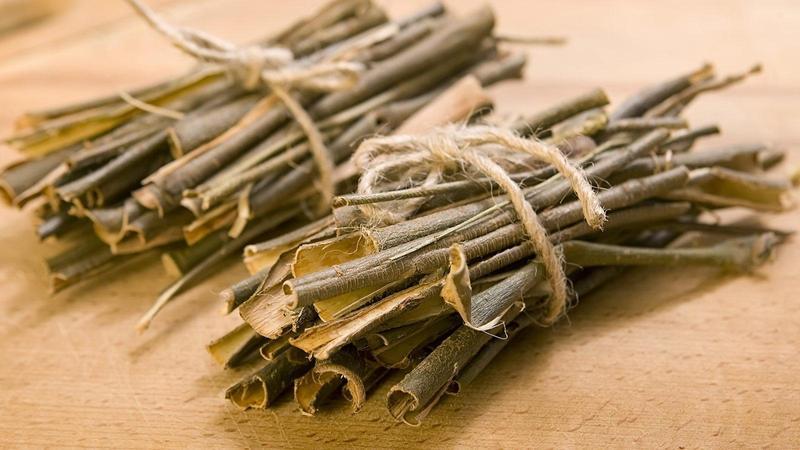6 Powerful Natural Anti-Inflammatory and Pain Relief Remedies
6 Powerful Natural Anti-Inflammatory and Pain Relief Remedies
Inflammatory diseases can affect any part of our body, from joints and muscles to our intestine, internal organs, and even our skin. Many are not life threatening, but they are debilitating and difficult to live with, causing pain and even disablement. You probably know of someone who has a disease like Crohn’s disease, rheumatoid arthritis (RA), Lupus, and even diseases like eczema, IBS and asthma can have an inflammatory element.
These remedies offer time-tested natural ways of managing inflammatory conditions:
1. Curcumin (found in turmeric)
There have a been a lot of studies into the use of turmeric on inflammatory conditions, showing that you can take up to 8000 mg per day without adverse effect, over short periods. However, over longer periods, dosages of around 1500-2500 are effective and have little side effects.
You can make a turmeric drink by mixing it with milk. I will warn you, it tastes pretty bad, but you can mix honey in if you like sweetness.
2. Salicin — a Natural Aspirin Substitute
There has been some medical research into the effectiveness of aspirin in inflammation, the results being positive. Conditions like osteoarthritis and muscular-based back pain are especially receptive to the use of aspirin, or aspirin-like compounds. The studies show you need a reasonable dose of aspirin to see anti-inflammatory effects, doses of around 75 mg per day can be tolerated long term. Willow bark extract, it contains around 15% to 25% salicin. Therefore if you had 100 mg of white willow bark, you would have 15 to 25 mg of salicin.
NOTE this is milligrams NOT grams. So you don’t need much to get your dosage to alleviate inflammation.
3. Omega 3 Oils
Studies have shown Omega 3 oils to be very effective in managing anti-inflammatory conditions. In a study where 250 adults were using modern NSAIDs to manage a back related inflammatory condition, more than half found omega oils to be more effective than NSAIDs. You should not confuse omega 6 oils (which are common in meats) with the omega 3 oils.
4. Chili Pepper
Chili pepper is a well known anti-inflammatory remedy. It has been used by native American Indians for thousands of years as both a medicinal drug and as a weapon (the smoke from burning chili peppers warding off enemies).
The active ingredient in the chili pepper is called capsaicin, which exists at a concentration of about 12%, e.g. 12 mg per 100 mg. Obviously, you don’t want to be eating a load of chili pepper that would be pretty painful.
You can use it in low and high concentrations for different degrees of problems. For example, a high concentration patch would be around 8% capsaicin and a low one at least 0.025%. The high one could be used to treat acute inflamed wounds whereas the low concentration one is best for long term use on arthritis.
To make a cream from chili peppers as an arthritis rub use the following ingredients:
About 3-4 cups of an olive oil
A cup of bees wax, grated
Four tablespoons of fresh or around 3.5 ounces of dried chili peppers, ground up.
A lidded bottle
Heat the oil up and add in the bees wax and ground chilies. Heat the mix gently for about 10 minutes. Take off the heat.Stir until all the mix is homogenous. Cool it down and then add to the lidded bottle. It should keep for up to 2 weeks.
5. Maritime Pine Bark
Studies have found Maritime Pine Bark to be effective in people with asthma and Lupus erythematous.
You can make tea from the bark or you can chew it – the native Americans would chew cooked bark for medicinal purposes.
6. Maritime Bark Tea
You need to use fresh bark for this, so either cut a branch off a tree, cut a piece out directly from a standing tree, or find a fallen tree.
You can use both the outer bark and the inner white bark. Strip off really thin pieces of bark and cook them in a pan until they crisp up – you need a fairly high heat for this. You can do it in an oven instead, but it’s quicker to use a fry pan.
Once the bark is crisped up, it is easier to break the bark up into flakes which you can then steep in hot water for about 20-30 minutes, strain and then drink as tea.
Be the first to post a message!
